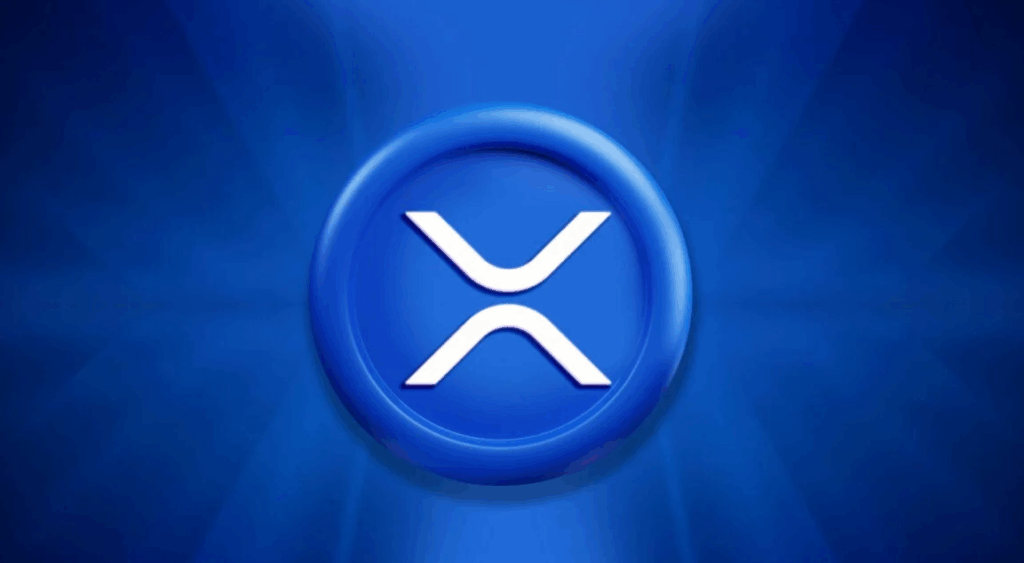Leaked documents suggest XRP is used by 100 global banks for faster cross-border transactions.

The idea that XRP is used by 100 global banks has resurfaced after a confidential document was leaked to the public. This new revelation has sparked serious discussion about XRP’s true role in the future of banking and international payments.
Learn More About : Bitcoin Nears $120K Amid Rising Volatility, Analysts Warn of Larger Swings
Over 100 Banks Allegedly Involved with XRP
The leaked files claim that more than 100 banks are working with Ripple. Some are already using XRP as a liquidity bridge for cross-border transactions. Major names mentioned include Santander, SBI Holdings, Standard Chartered, and Bank of America.
These institutions are reportedly using RippleNet and XRP to speed up transfers and reduce transaction fees compared to traditional systems like SWIFT.
Ripple’s Technology Gains Real-World Adoption
Ripple has spent years building its global payment network. While many banks have publicly partnered with Ripple, this leak indicates that XRP might already be in use behind the scenes.
Some banks haven’t issued official statements. However, their silence only adds to the mystery and strengthens the possibility that XRP is already embedded in key financial systems.
Regulatory Roadblocks Still a Challenge
Despite growing adoption, XRP still faces major hurdles. Regulatory uncertainty remains the biggest issue. Many banks are cautious, waiting for clear legal guidelines before fully integrating XRP into their infrastructure.
Ripple has not responded to the leaked document. The lack of an official statement leaves room for speculation—but also opens doors to excitement within the crypto community.
Final Thought: A Glimpse into the Future of Finance?
If the leaked data proves accurate, then XRP may soon play a central role in global finance. The idea that XRP is used by 100 global banks is no longer just a theory—it’s starting to look like reality.
For investors and crypto watchers, this could be a major turning point. XRP isn’t just a digital asset anymore. It’s becoming a tool for real-world value transfer—fast, cheap, and borderless.